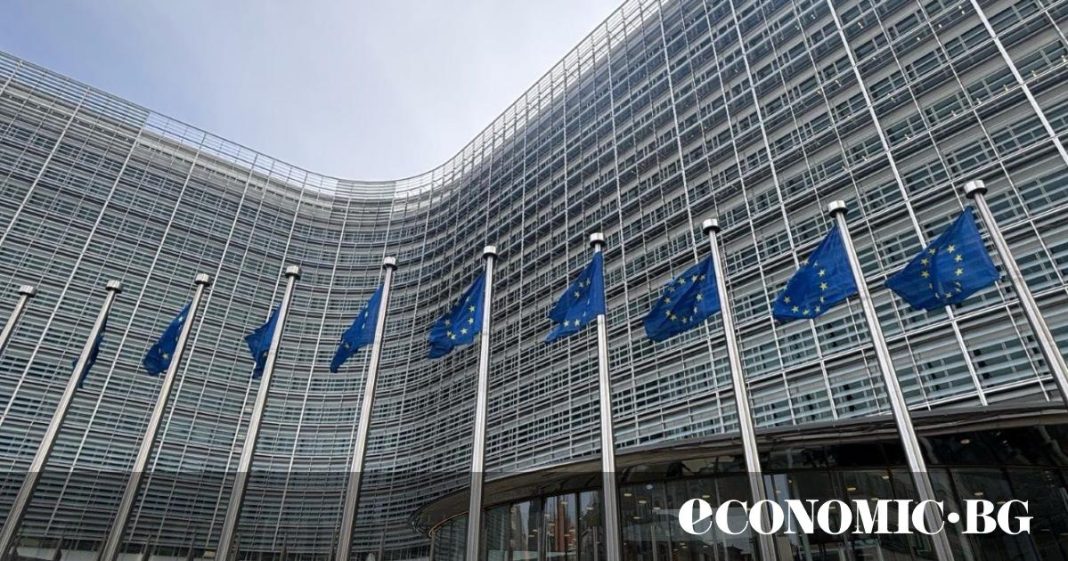Bulgaria has received a final „yes“ for joining the eurozone on January 1, 2026. The vote by the European Union’s finance ministers (ECOFIN) has just concluded, with unanimous approval of the three legislative acts necessary for Bulgaria’s adoption of the euro.
The final change of currency will take place at a fixed rate of 1.95583 leva per euro. This corresponds to the current central rate of the leva in the exchange rate mechanism (ERM II).
As of today, Bulgaria takes its place as the 21st member of the eurozone. This marks the culmination of an in-depth process towards Bulgaria’s accession, involving rigorous analysis and intensive preparation. I warmly congratulate Bulgaria and the Bulgarian people on this tremendous achievement,“ commented Stephanie Løse, Danish Minister for Economic Affairs, who chairs ECOFIN.
The process, which took almost two full decades for our country, ended today after the European Parliament (EP) approved the introduction of the euro in Bulgaria this morning, and in the early afternoon, the EU Council of Economic and Financial Affairs (ECOFIN, which includes all relevant EU ministers) also gave the green light for the currency change.
The two final decisions make Bulgaria the 21st member of the eurozone, effective January 1, 2026.
My appeal is to seek reliable sources of information. My appeal to the Bulgarian authorities is to reach as wide an audience as possible,“ European Commissioner for Startups, Research, and Innovation Ekaterina Zaharieva said earlier today.
She said that it was normal for people to have concerns, but that it was important for information to reach them in a timely manner. „There is a division in society, but since the launch of the information campaign, there has been an increase in the number of Bulgarian citizens who support accession,“ Zaharieva said.
What lies ahead
Today’s decisions formalize a process that began with our country’s accession to the European Union (EU) in 2007.
However, it continues with feverish preparations for the replacement of the Bulgarian lev with the euro.
The first step in this direction will be the start of the so-called „dual pricing period.“ According to the National Plan for the Introduction of the Euro in Bulgaria, it will begin one month after the ECOFIN decision, or in other words on August 8, and will continue for 12 months after the date of introduction of the euro, i.e. until December 31, 2026. During this period, the prices of all goods and services will be displayed simultaneously in levs and euros.
On January 1 of the following year, the second important phase will begin – that of dual circulation. At that time, the Bulgarian lev and the euro will be in circulation, and both currencies will be accepted as legal tender. However, when paying at the cash register, merchants will have the right to give change only in euros. The dual display period will last for one month, i.e. until January 31, 2026.
In the first half of 2026, the exchange of levs for euros will be free of charge at all commercial bank branches and Bulgarian Post offices. In the second half of the year, operators will be entitled to charge exchange fees. The only place where the exchange will be free for an unlimited period of time is the Bulgarian National Bank.
What will happen to our salaries and pensions
As Economic.bg reported, on January 1, 2026, our bank accounts, into which we receive salaries, pensions, social benefits, and other payments, will be automatically converted without fees.
However, if pensioners want to see the lev equivalent of their pensions after January 1 next year, they will be able to do so by submitting a request for information to the National Social Security Institute (NOI). The request for information is free of charge.
This text was translated by DeepL translator.
Източник: Economic.bg


